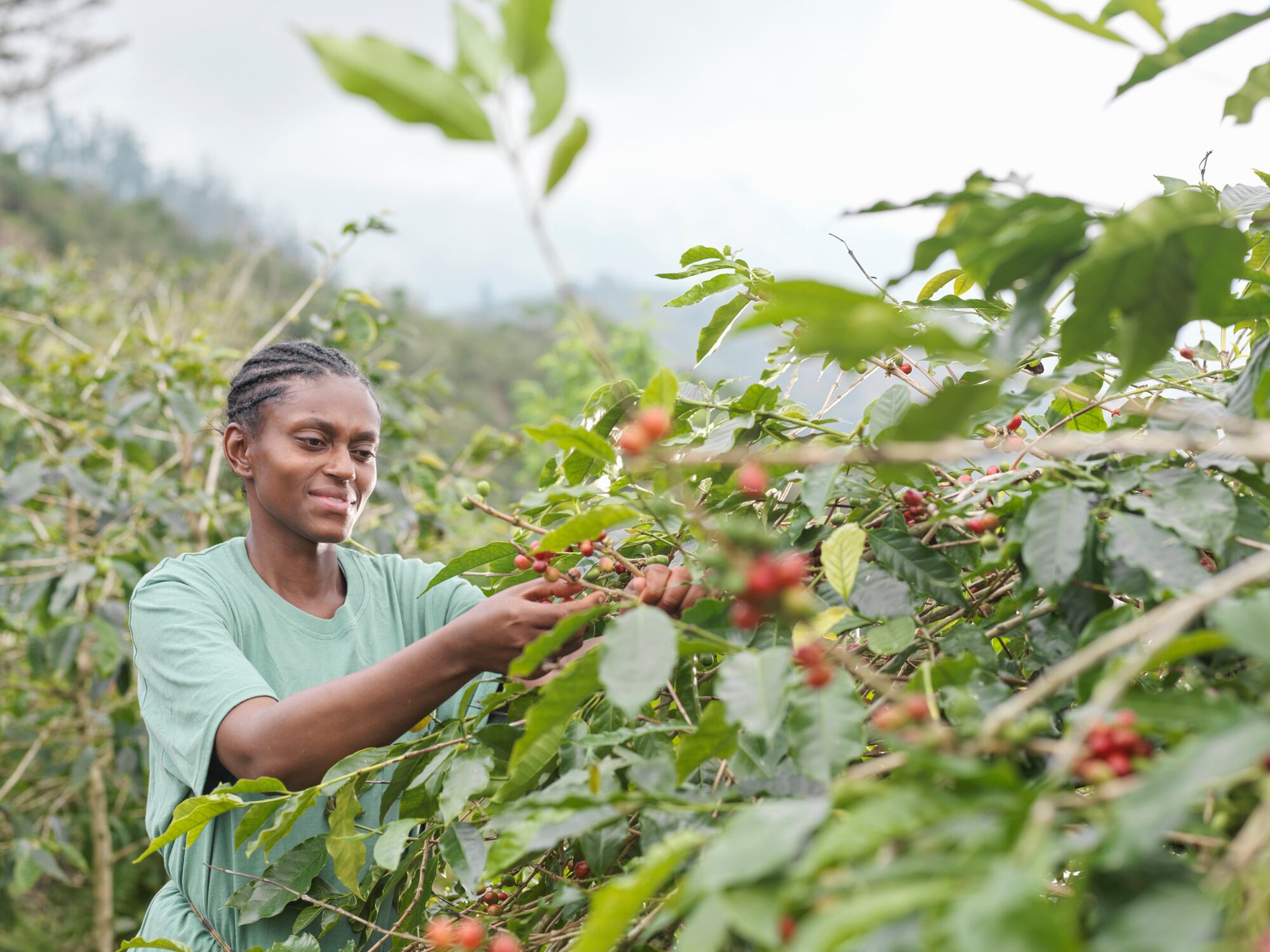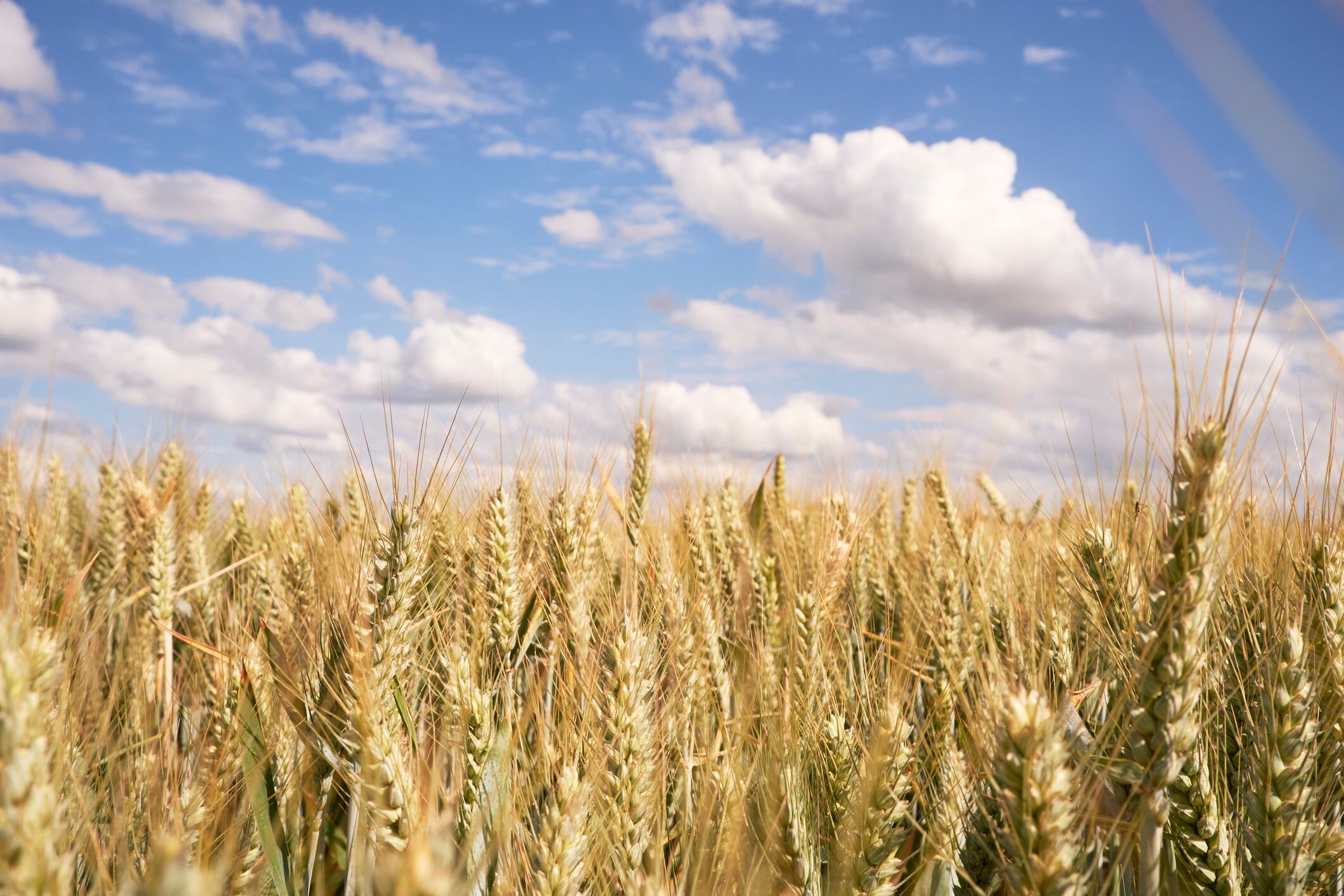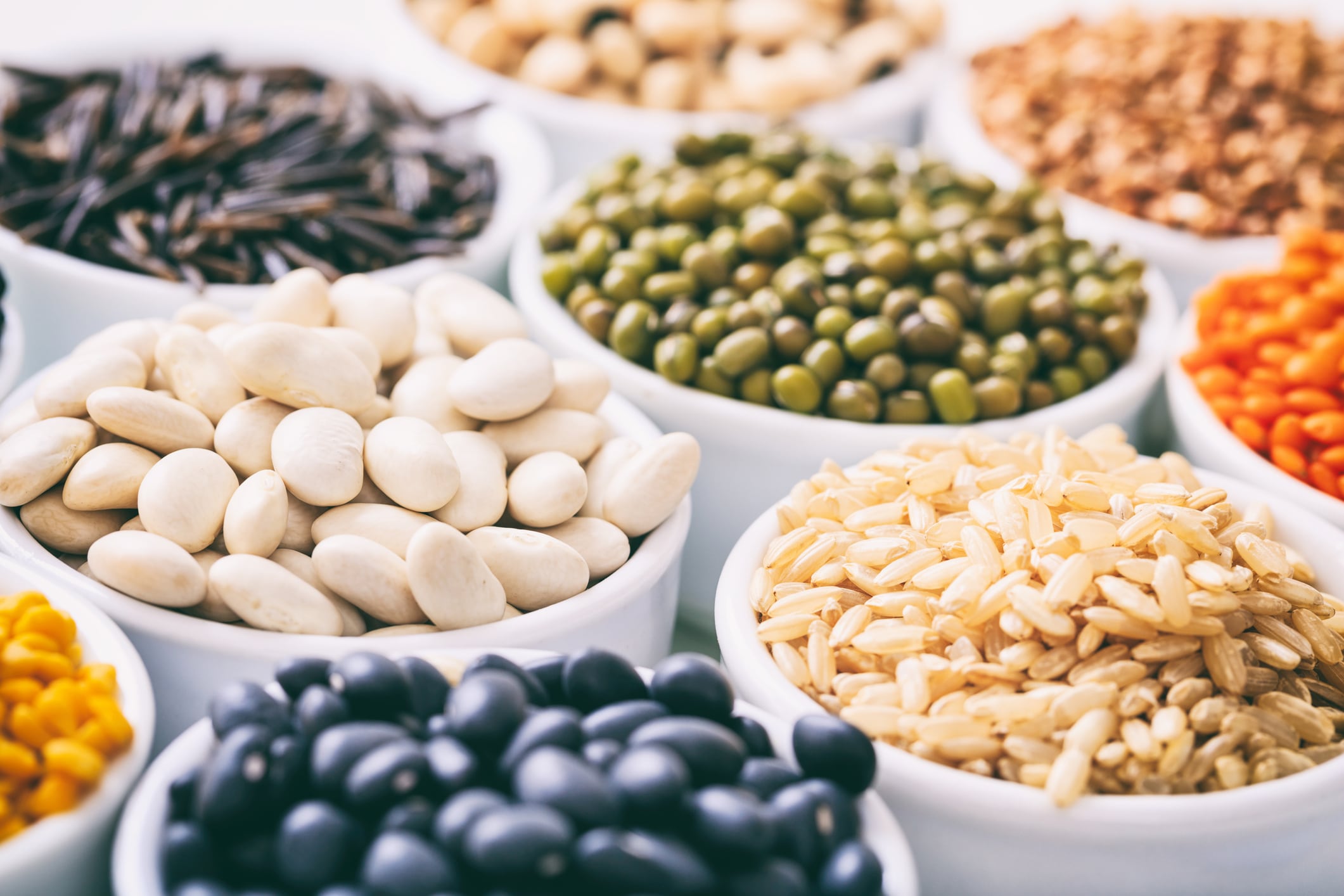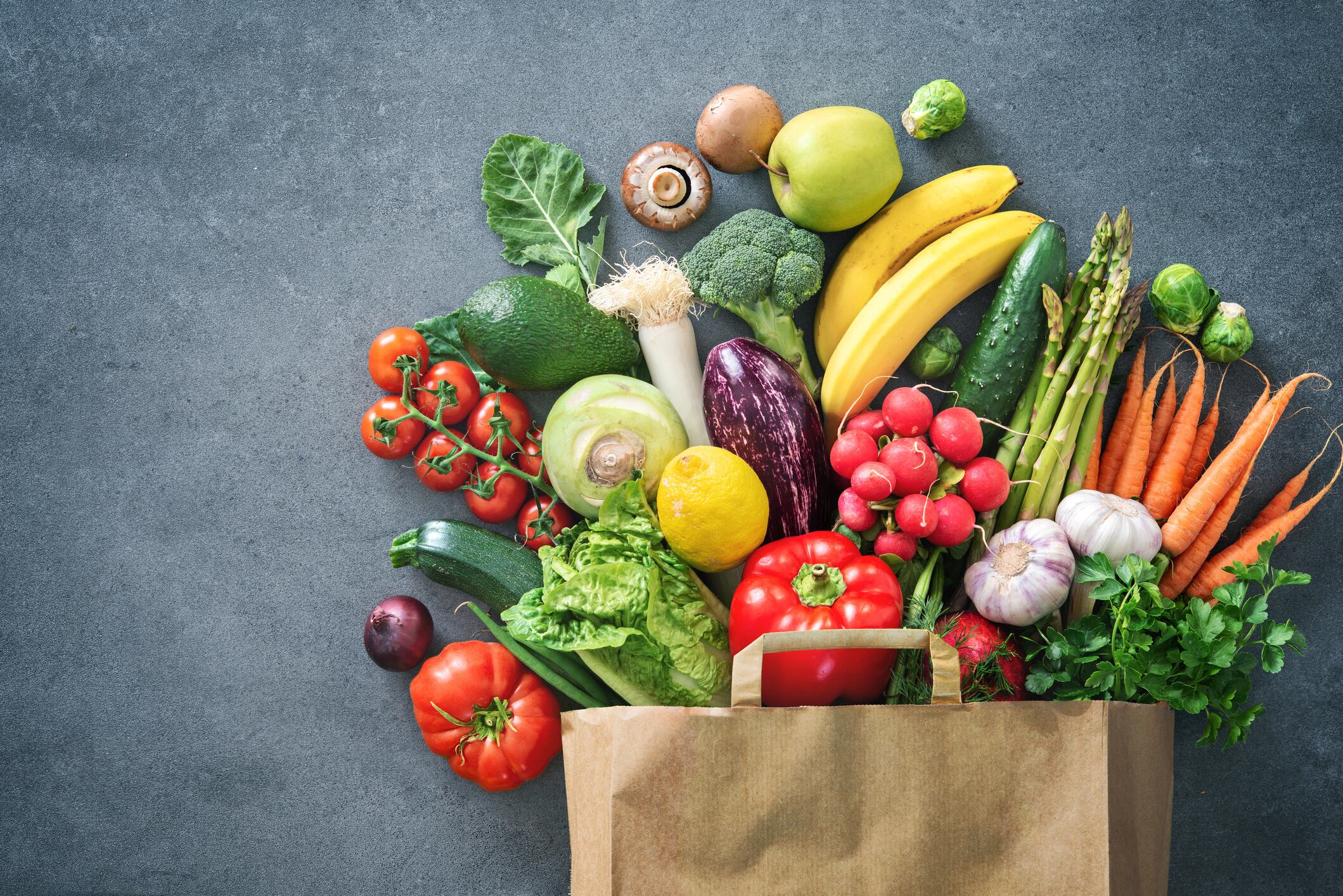According to analysis from the Energy & Climate Intelligence Unit (ECIU), a non-profit organisation that supports debate on energy and climate change issues in the UK, the price of foods hit by extreme weather are rising over four times faster than others in the average shop.
Using the latest ONS inflation data (August 2025), the analysis found that although these items make up just 11% of the average shopping basket, they account for nearly 40% of all food price inflation.
Prices of these five foods have risen by an average of 15.6% over the past year, compared with just 2.8% for other food and drink items.
The analysis also challenged recent reports that increases to the minimum wage, employer national insurance and the introduction of a packaging tax are driving inflation.
Chris Jaccarini, food and farming analyst at the Energy and Climate Intelligence Unit (ECIU), said: “Milk, butter, beef, chocolate, coffee and olive oil have all been hit by extreme weather and have all become much more expensive.
“Both butter and beef prices have been driven up by poor grass growth after a historically hot, dry summer, forcing farmers to rely more heavily on bought-in feed. At the same time, a virus outbreak in European dairy herds, which scientists warn is more likely due to climate change, has kept demand for British dairy high.”
He said that while a higher minimum wage and national insurance contributions play a role in food price inflation, they don’t explain why coffee, chocolate or butter prices are surging.
“Climate shocks are a big factor for these products though, and until we reach net zero emissions and stabilise the climate, households will keep seeing prices rise,” he added.
“After the warmest spring and summer and the driest spring in over 100 years, England had its second worst harvest on record this year. This follows last year’s poor harvest which came after incredibly heavy rainfall, made worse by climate change. We have now seen three of the five worst harvests on record this decade driven by extreme weather, telling a story of escalating climate impacts that farmers are struggling to cope with.”
Anna Taylor OBE, executive director of the Food Foundation said: “We are seeing the price of certain products being driven up by extreme weather. This is a worrying trend. Government must treat this as a food security issue, and take steps to build the resilience of farming and our supply chains to shocks, so we can better buffer them. Otherwise, the weekly shop will keep getting more unpredictable – and more unaffordable – for millions of households.”
The report also highlighted that this was not just a trend in the UK but worldwide.




